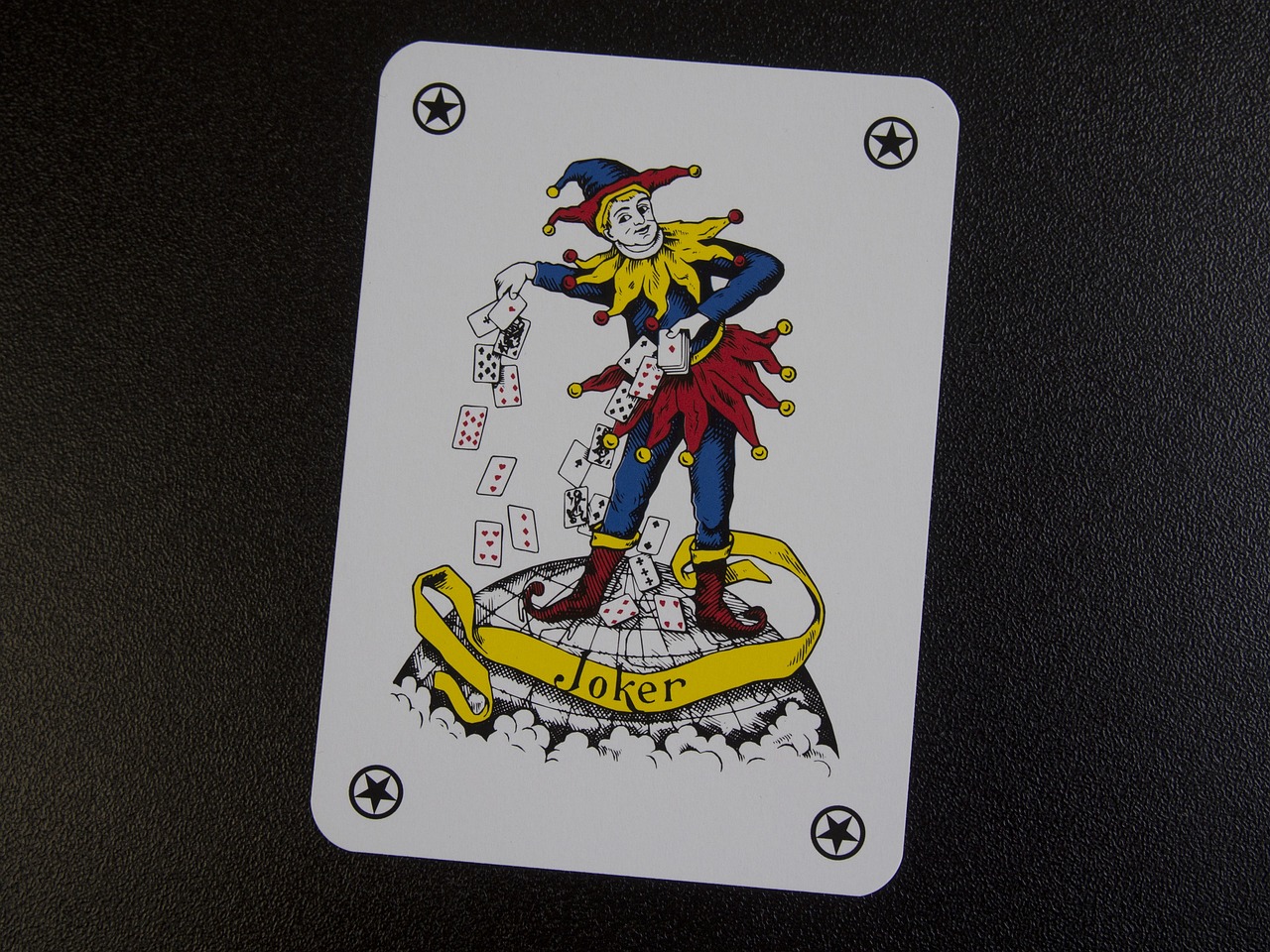The Impact of Cancel Culture on Entertainment: Celebrity Accountability and Industry Response
Cancel culture’s roots in entertainment can be traced back to the democratization of platforms that allow for immediate and widespread sharing of opinions. With the rise of social media, public figures became more accessible to the masses, leading to a shift in power dynamics where fans and critics could hold celebrities accountable for their actions in real-time. The ability to connect directly with audiences opened the floodgates for discussions on issues such as representation, diversity, and social justice in the entertainment industry.
Moreover, the #MeToo movement played a pivotal role in exposing the misconduct of powerful individuals within the entertainment industry, sparking a wave of accountability and calls for justice. This movement shed light on the pervasive culture of abuse and harassment that had long been overlooked or swept under the rug, prompting a collective reevaluation of the behavior of those in positions of influence. The unearthing of these dark truths not only empowered survivors to speak out but also emboldened the public to demand accountability and transparency from the entertainment world.
• The democratization of platforms like social media has allowed for immediate sharing of opinions
• Shift in power dynamics where fans and critics can hold celebrities accountable in real-time
• Discussions on representation, diversity, and social justice have become more prevalent in the entertainment industry
• #MeToo movement exposed misconduct within the industry, leading to calls for accountability and justice
• Pervasive culture of abuse and harassment was brought to light, prompting reevaluation of behavior in positions of influence
• Empowerment of survivors to speak out against abuse and harassment
• Public demand for accountability and transparency from those in the entertainment world
The Role of Social Media in Holding Celebrities Accountable
Social media has emerged as a powerful tool in scrutinizing the actions of celebrities and public figures. The instantaneous nature of platforms like Twitter and Instagram allows for swift dissemination of information and opinions, leading to rapid accountability for those in the spotlight. Celebrities are under constant surveillance by millions of followers, who are quick to call out any behavior deemed unacceptable or offensive.
The direct interaction between celebrities and their audience on social media has significantly altered the traditional dynamic of fame. It has become increasingly challenging for public figures to control their narrative, as every post and comment is subject to intense scrutiny and critique. While this level of accountability can sometimes lead to swift backlash and consequences, it also serves as a crucial mechanism for promoting awareness and initiating important conversations about social issues.
Examples of Cancel Culture Backlash in the Entertainment Industry
One prominent example of cancel culture backlash in the entertainment industry is the case of a well-known comedian who faced severe repercussions after making controversial remarks during a stand-up performance. The comedian’s insensitive comments sparked widespread outrage on social media platforms, leading to calls for boycotts of the comedian’s shows and demands for public apologies. As a result, the comedian’s career took a hit as several upcoming projects were canceled, and collaborations were terminated due to the public backlash.
Another instance of cancel culture backlash in the entertainment industry involved a popular musician who faced intense criticism for past problematic behavior that resurfaced online. The musician’s offensive social media posts and past comments resulted in a wave of negative backlash from fans and the general public. This led to the musician losing endorsement deals and being dropped from upcoming events and projects. The incident serves as a reminder of how public scrutiny and accountability through social media can have significant consequences for celebrities and public figures in the entertainment industry.
What is cancel culture in the entertainment industry?
Cancel culture in the entertainment industry refers to the act of boycotting or withdrawing support from celebrities or public figures due to their controversial actions or statements.
How does social media play a role in holding celebrities accountable?
Social media platforms provide a space for individuals to share their opinions and hold celebrities accountable for their actions. The widespread reach of social media allows for the rapid spread of information and calls for accountability.
Can you provide examples of cancel culture backlash in the entertainment industry?
Some examples of cancel culture backlash in the entertainment industry include the cancellation of projects or endorsements, loss of fan support, and public criticism leading to career setbacks for celebrities.







